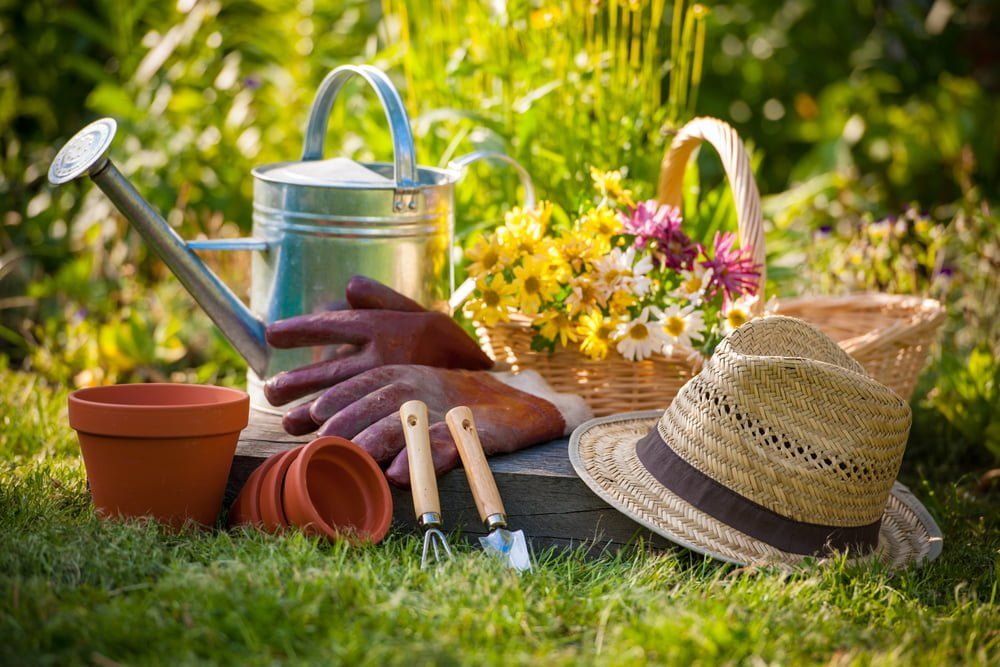
The garden products industry has undergone a significant transformation over recent years, driven by technological advancements, increased consumer interest in sustainability, and a growing appreciation for outdoor living spaces. This evolution has led to the development of a wide range of innovative products designed to meet the diverse needs of gardeners, from seasoned horticulturists to zum Shop casual enthusiasts. The advancements in garden products reflect broader trends in consumer behavior and environmental awareness, reshaping how people interact with their outdoor environments.
One of the most notable developments in garden products is the improvement in gardening tools and equipment. Modern tools are designed with enhanced ergonomics and functionality, making gardening tasks more efficient and less physically taxing. Innovations such as lightweight pruners, ergonomic handles, and multi-functional tools have become essential for gardeners seeking comfort and ease of use. These advancements not only improve the overall gardening experience but also make it more accessible to a wider range of individuals, including those with physical limitations.
Technology has also played a transformative role in the evolution of garden products. The introduction of smart garden devices, such as automated irrigation systems and plant monitoring sensors, has revolutionized garden management. Smart irrigation systems utilize weather data and soil moisture sensors to deliver precise amounts of water, minimizing waste and ensuring optimal plant health. Similarly, plant monitoring devices provide real-time feedback on environmental conditions, allowing gardeners to make informed decisions and maintain healthy plants with greater efficiency.
Sustainability has become a central theme in the development of garden products, reflecting a growing commitment to environmental stewardship. Eco-friendly options, such as biodegradable planters, organic fertilizers, and compostable garden waste bags, are gaining popularity among environmentally conscious consumers. Additionally, the use of recycled materials in garden furniture and tools contributes to a circular economy and reduces the overall environmental impact of gardening. These sustainable choices align with broader trends towards greener living and responsible consumption.
The rise of urban gardening and small-space solutions has also driven innovation in garden products. With more people living in apartments and smaller homes, there is an increasing demand for products that accommodate limited outdoor space. Solutions such as vertical gardens, compact grow kits, and hydroponic systems enable urban dwellers to cultivate plants in confined areas. These innovations make it possible for individuals with limited space to engage in gardening, promoting a greener lifestyle even in densely populated environments.
In conclusion, the garden products industry has evolved significantly, driven by technological advancements, sustainability concerns, and the growing popularity of outdoor living. Innovations in tools, technology, and eco-friendly practices have transformed gardening, making it more efficient, accessible, and environmentally responsible. As interest in gardening continues to grow, the development of new and improved garden products will play a crucial role in enhancing outdoor spaces and fostering a deeper connection with nature. Embracing these advancements can lead to a more enjoyable and sustainable gardening experience.
Be First to Comment